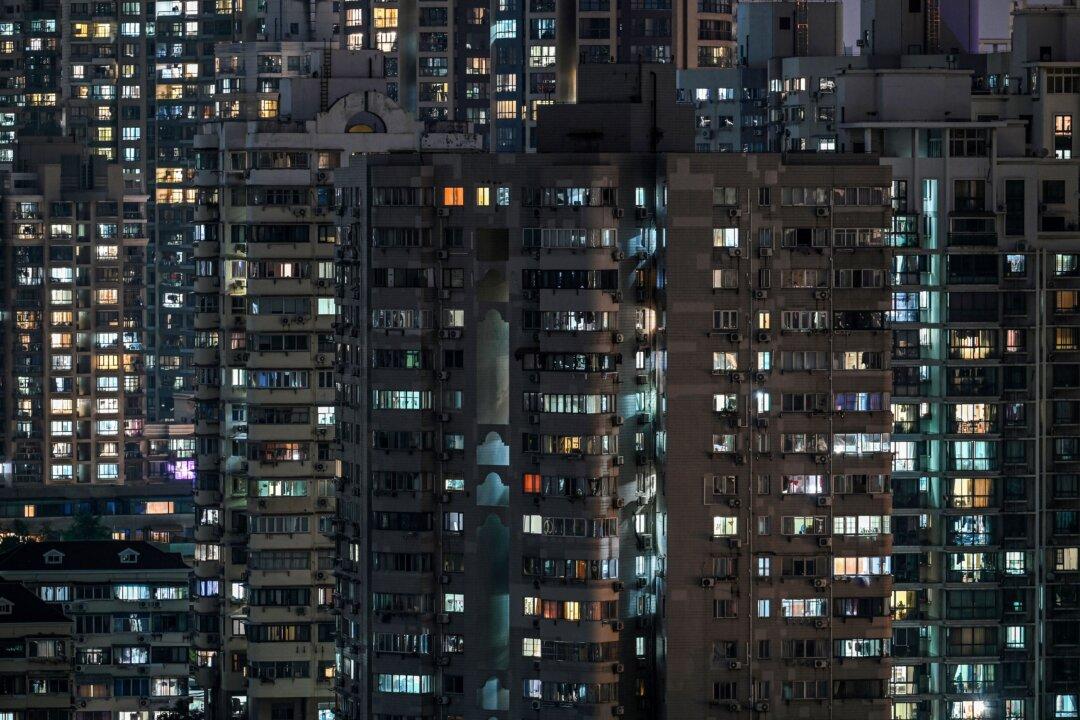A protest erupted on China’s tightly-controlled internet on April 22 as social media users battled against censors for hours to circulate a video documenting the voices of residents recorded during Shanghai’s ongoing lockdown.
The six-minute video, titled “The Voice of April,” was blocked shortly after it appeared on the instant messaging app WeChat and microblogging platform Weibo. With high efficiency, direct references to the footage were restricted on the two popular social media platforms.




